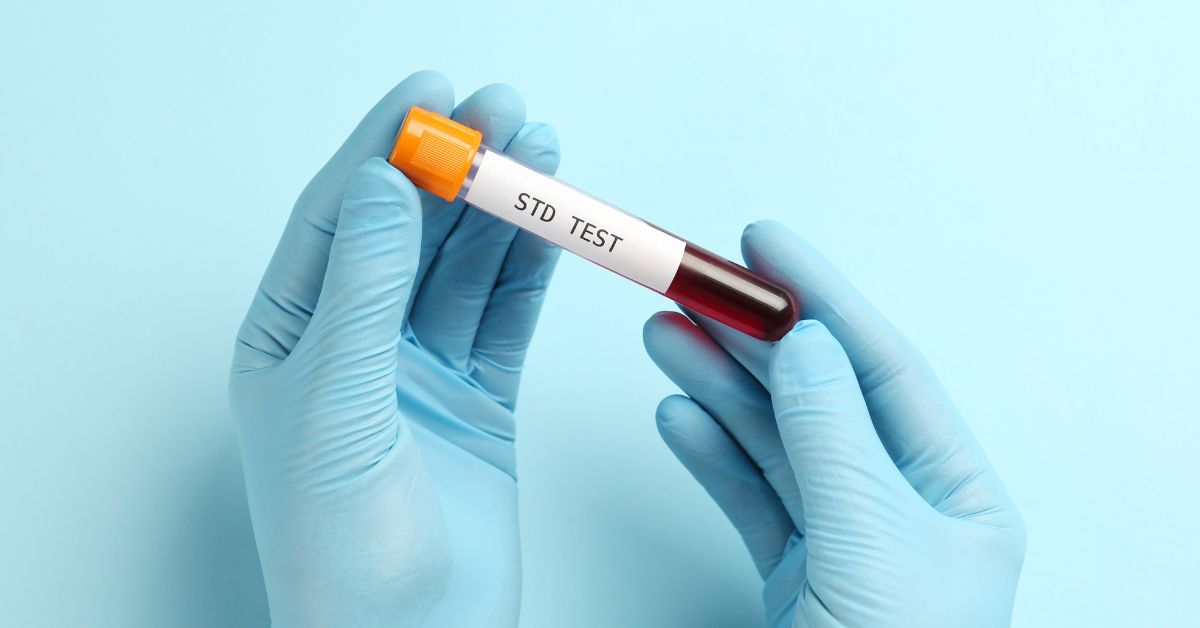If you are sexually active—especially with more than one partner—STD testing is one of the most important steps you can take to protect your health. Many sexually transmitted diseases (STDs) are silent, showing little to no symptoms until complications arise. Regular testing is crucial for early detection, effective treatment, and peace of mind.
Why STD Testing Matters
Sexually transmitted diseases can affect anyone, regardless of age, gender, or relationship status. Some infections, like chlamydia, gonorrhoea, and HIV, may not show obvious symptoms but can lead to serious complications, including:
- Infertility
- Pelvic inflammatory disease
- Chronic pelvic pain
- Organ damage
- Increased risk of HIV transmission
Routine STD screening helps ensure early detection and timely treatment, preventing long-term health issues and protecting your sexual partners.
When Should You Get an STD Test in Singapore?
You should get tested if:
- You’ve had unprotected sex
- You have a new partner or multiple partners
- You experience symptoms like unusual discharge, genital sores, or pain during urination
- You are starting a new relationship and want a clean bill of health
- You haven’t had a check-up in the past 6 to 12 months
Even in the absence of symptoms, routine testing once or twice a year is a good practice if you’re sexually active.
Common STDs You Can Be Tested For in Singapore
STD screening typically includes tests for:
- Chlamydia
- Gonorrhoea
- Syphilis
- HIV
- Herpes (HSV-1 and HSV-2)
- HPV (Human Papillomavirus)
- Hepatitis B and C
- Trichomoniasis
Testing packages may differ depending on the clinic and your risk factors. Your doctor will recommend the appropriate tests based on your sexual history.
What to Expect During an STD Test
The type of test depends on the infection being screened. Common testing methods include:
| STD | Sample Type |
|---|---|
| Chlamydia & Gonorrhoea | Urine or genital swab |
| Herpes | Swab of sore or blood test |
| HIV & Syphilis | Blood test (or oral swab for HIV) |
| HPV | Pap smear (women) or visual exam |
| Hepatitis B & C | Blood test |
| Trichomoniasis | Urine test or swab |
The entire process is typically quick, and results are often available within 2 to 5 days.
What Happens After Testing?
If your test results are negative, great! Continue practicing safe sex and return for regular testing. If your results are positive, don’t panic. Most STDs are treatable, and many bacterial infections like chlamydia, gonorrhoea, and syphilis can be completely cured with antibiotics.
Viral infections such as HIV or herpes are manageable with medication, allowing you to live a full and healthy life. Your doctor will recommend the right treatment and provide guidance on:
- Informing current or past partners
- Preventing reinfection
- Practicing safer sex moving forward
Where to Book STD Testing in Singapore
Don’t wait for symptoms to appear. Proactive testing is the key to protecting yourself and others. We partner with trusted clinics and men’s health doctors in Singapore that offer discreet, confidential, and professional STD testing services.
Disclaimer: 365Asia aims to provide accurate and up-to-date information, our contents do not constitute medical or any professional advice. If medical advice is required, please consult a licensed healthcare professional. Patient stories are for general reading. They are based on third-party information and have not been independently verified.




